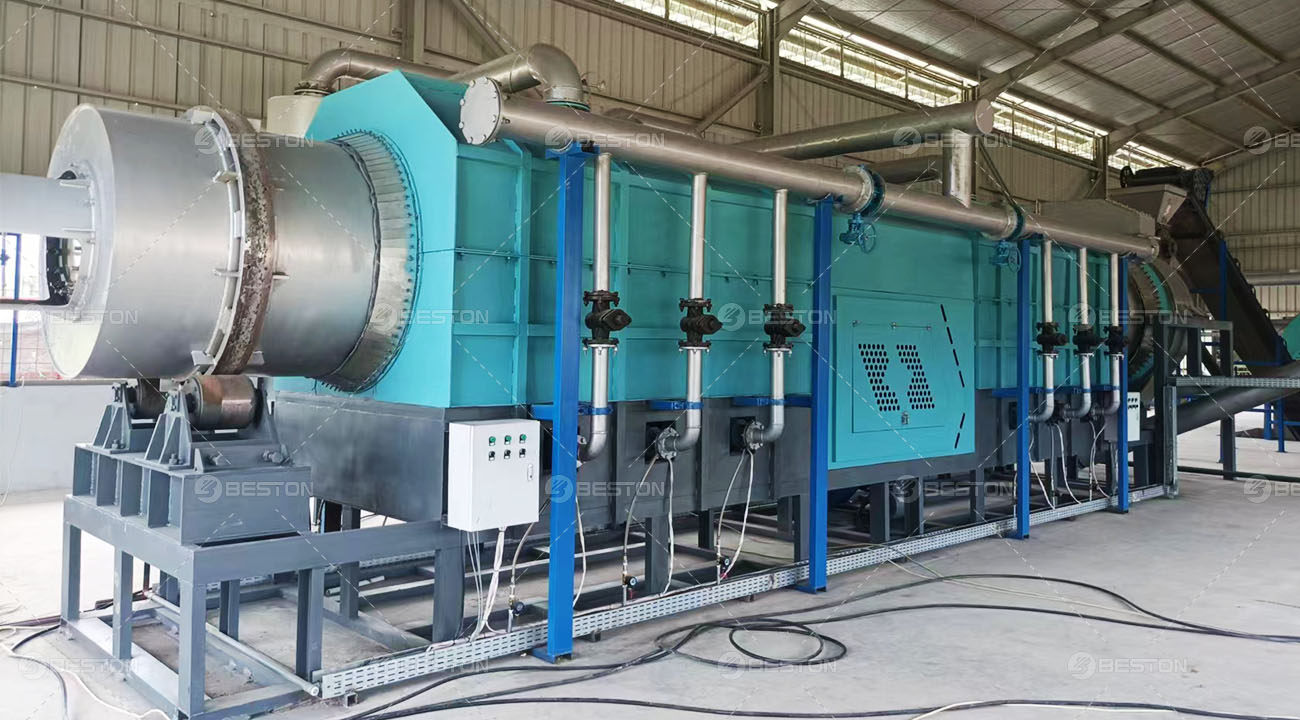Wood charcoal plays a pivotal role in the smelting of metals, a connection deeply rooted in historical practices and critical for various metallurgical processes.
Introduction to Wood Charcoal
Significance of Wood Charcoal in Metal Smelting
Wood charcoal serves as a crucial fuel source in metal smelting processes, providing the necessary heat and chemical reactions required for the extraction and refinement of metals from ores.
Historical Use and Evolution
Throughout history, wood charcoal has been the primary source of fuel in metal smelting. Its evolution, from traditional methods to modern techniques, has maintained its significance in metallurgy.
The Wood Charcoal Production Process
Harvesting and Selection of Wood
The selection of suitable wood types for wood charcoal machine is a critical initial step. Hardwood varieties like oak, hickory, or maple are often preferred due to their high carbon content.
Pyrolysis and Charcoal Formation
The pyrolysis process involves heating wood in an environment with limited oxygen. This process drives off volatile compounds, leaving behind carbon-rich charcoal.
Utilizing Wood Charcoal in Metal Smelting
Role of Charcoal in Metallurgy
Charcoal acts as a reducing agent, facilitating the removal of oxygen from metal ores during smelting. This reduction process allows for the extraction of pure metals.
Advantages in Metal Smelting Processes
Compared to other fuels, wood charcoal generates high temperatures, crucial for melting metals, and produces fewer impurities, ensuring better-quality metal outputs.

Quality Factors and Considerations
Charcoal Quality for Smelting
The quality of charcoal significantly impacts the smelting process. Charcoal with low ash content, high carbon concentration, and uniform size aids in efficient metal extraction.
Efficiency and Impact on Metal Production
Efficiency in charcoal production directly affects the metal smelting process. Higher-quality charcoal contributes to increased efficiency and better metal yields.
Modern Applications and Innovations
Advanced Charcoal Production Techniques
Modern charcoal production methods involve advanced technologies to improve efficiency, reduce environmental impact, and enhance the quality of charcoal for smelting.
Integration with Modern Smelting Technologies
Innovative integration of wood charcoal with modern smelting technologies is enhancing the overall efficiency of metal production processes, ensuring better yields and reduced environmental impact.
Environmental Impact and Sustainability
Charcoal Production and Environmental Considerations
While charcoal is a renewable resource, its production requires responsible forestry practices to maintain sustainability and minimize ecological impacts.
Sustainable Practices in Charcoal and Smelting Processes
Implementing sustainable practices in both charcoal production and metal smelting processes, such as reforestation and efficient energy use, is crucial for minimizing the environmental footprint.
The link between wood charcoal production and metal smelting not only holds historical significance but continues to play a critical role in modern metallurgical processes, emphasizing the importance of efficient and sustainable practices in this field.

Comments
No comments yet. Be the first to react!